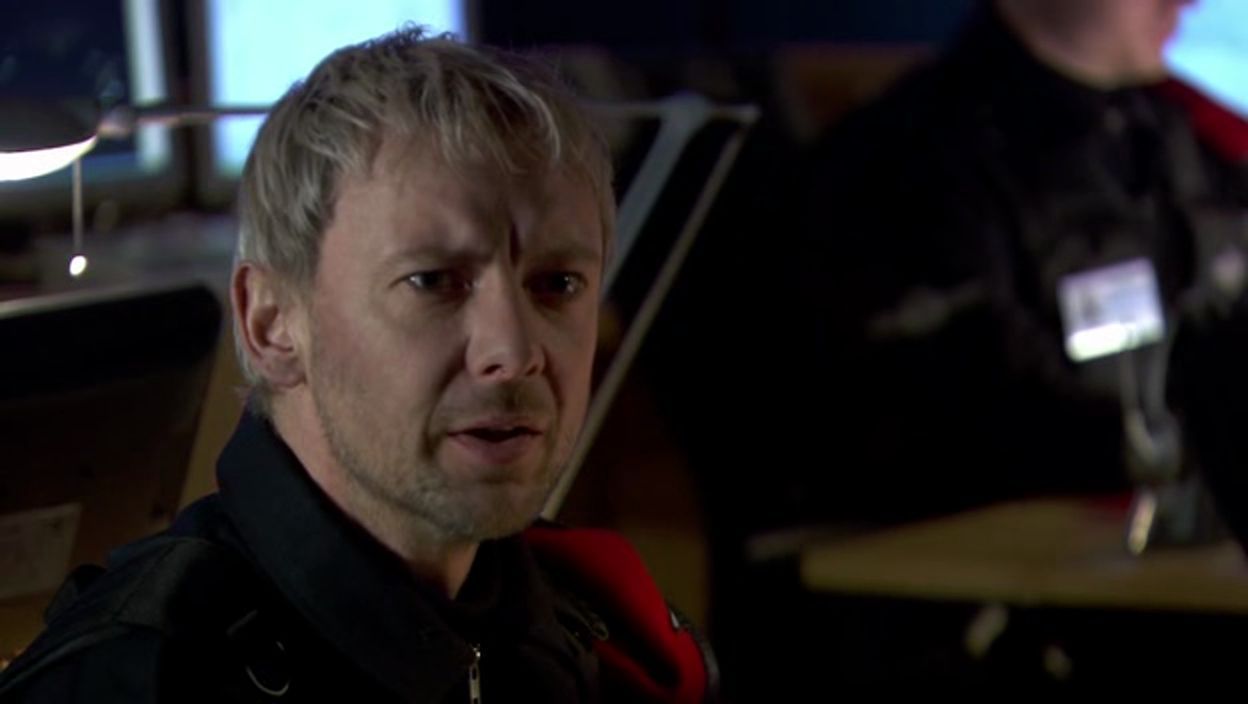

With just two weeks to go until this year’s Doctor Who Christmas Specials, get a tantalising taste of what’s in store, with our exclusive preview, and dozens of brand new photos from The End of Time! It needed that scale to tell the final story. When we see the Doctor behaving arrogantly, selfishly or uncontrollably, it’s then that he appears more fallible, and therefore more human? “The Time Lords were pretty fallible too,” David perseveres. More human, even? “Well, it’s making him more Time Lord, actually, when you consider how they turned out.” “When the Doctor decides he’s the ‘Time Lord Victorious’, we’re making him quite unsympathetic,” considers David. with Doctor Who Magazine #416!ĭavid Tennant gives an exclusive, in-depth interview in the biggest ever Doctor Who Magazine about his last days as the Tenth Doctor, the forthcoming Christmas Special, The End of Time, and the reasons why he’s decided to leave his dream job. "That is not an argument for 2017.Get ready for The End of Time.
#End of time doctor who series#
"This is a series about an alien with two hearts who lives in a transcendental phone box - and yet somehow can't change sex?" he said. Gatiss - currently working with Moffat on a new adaptation of Dracula - thinks the naysayers come mostly from that never-satisfied subset of fans "who will definitely watch it 28 times just to make sure they hate it." Many fans were delighted, though some grumbled at the idea of a Time Lady. The announcement that Whittaker (best known from detective series Broadchurch) would be the next occupant of the Tardis was front-page news in Britain. I don't even know what is in second place, but without doubt and by that most important measure Doctor Who is the greatest television series ever made."ĭoctor Who fans have become accustomed to changes of actor, and the shifts in mood that go with each new Doctor. Count, as you might say, the hearts that beat a little faster because of Doctor Who.

"Count the scientists, the musicians, the scholars, the writers, the directors, the actors, who became what they are because of this show. "People change their view of the world and what they are capable of because of a silly show about a man who travels around in time and space in a police box," Moffat said. He told audience members at a recent preview screening that Doctor Who is "the greatest television show ever made." Moffat, who also co-created detective series Sherlock with Gatiss, has no doubt about the show's place in television history. The episode is also the swansong of Steven Moffat, who has been the show's executive producer and chief writer since 2009. "And somewhere deep down in its absolute essentials, something genuinely magical," he added. Partly it's "the randomness of the adventures," which have sent the Doctor to ancient Rome and the Stone Age, distant galaxies and the end of time.Īnd partly it's the show's "slightly ramshackle Britishness, in the very idea of an amazing space-time machine which looks like a beaten up old box." Partly, he says, it's due to the Doctor, an eccentric and "slightly off-kilter" hero. He's better placed than almost anyone to explain the enduring allure of a show that survived early years of wobbly production values and a 16-year absence from screens between 19 to become a childhood touchstone, an emblem of British culture, and a money-making export for the BBC. Gatiss has loved Doctor Who since childhood and has written for it since 2005. "The sense of eras ending all over the place was very profound but at the same time it was actually a very happy experience," Gatiss told The Associated Press in an interview. Mark Gatiss, a regular writer for the show who guest stars in the episode as a British Army officer marooned in time, said there was "a valedictory feel" on the set of the finale. He was played by William Hartnell, who died in 1975 David Bradley fills the role here.
#End of time doctor who tv#
The episode loops back into the show's own history, featuring an appearance by the very first Doctor, a white-haired gent who appeared on TV screens in 1963. Before that comes a rollicking and poignant adventure that moves from the World War I trenches to the South Pole, features mysterious creatures made of glass and (of course) involves a jaunt in the Tardis, a time-and-space machine shaped like an old-fashioned British police phone box.


 0 kommentar(er)
0 kommentar(er)
